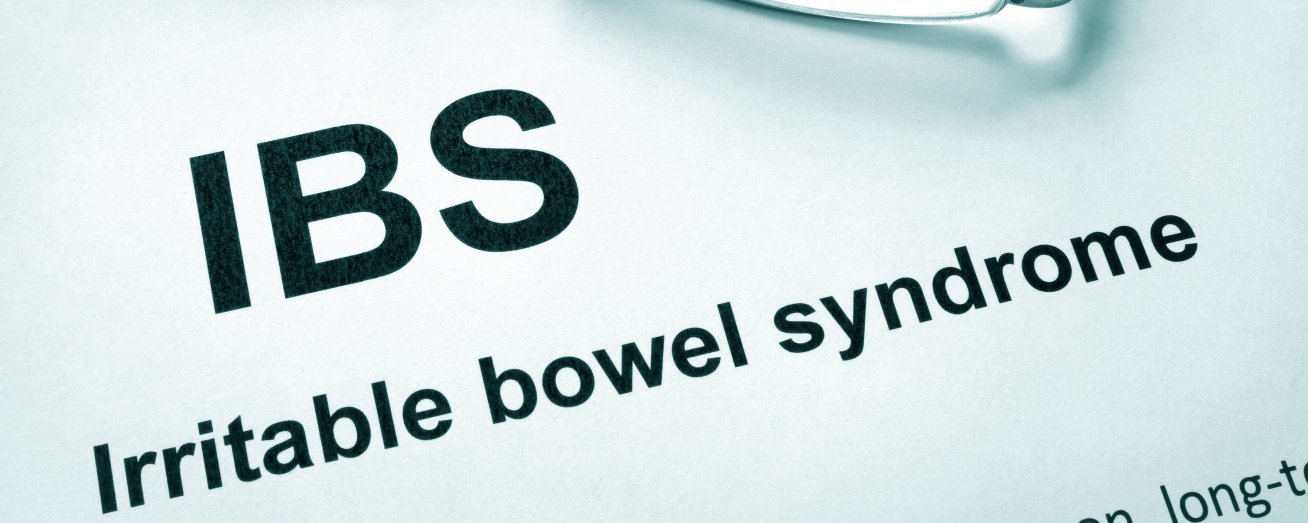Research conducted by the University of Sheffield, investigating the efficacy of dietary treatments for the management of irritable bowel syndrome, has been praised by the American Gastroenterological Association and cited amongst it’s top 20 high-impact clinical research articles of 2022.
Traditional Dietary Advice (TDA) is the first-line dietary therapy recommended in the UK, based on guidance by NICE and the BDA. The low FODMAP diet (LFD) is the second-line dietary therapy for IBS within the UK, involving a reduction in consumption of short-chain, fermentable carbohydrates. A gluten-free diet has also grown in popularity for the management of functional gut symptoms, with approximately 10% of the population reporting that gluten-based products provoke IBS symptoms.
In the absence of any pragmatic head-to-head trials comparing the three diets, this randomised trial sought to investigate the efficacy, acceptability, nutritional and stool microbial changes associated with these diets.
Patients were recruited from 2 secondary care centres in the UK and were randomized to be educated to follow a TDA, LFD or GFD. Participants were seen face-to-face by specialist dietitians and advised to follow their diets for 4 weeks, with outcomes at week 4 compared with baseline. Questionnaires completed pre- and post-intervention, included:
- IBS symptom severity score (IBS-SSS)
- Hospital Anxiety & Depression Scale
- Patient health questionnaire
- IBS quality of life (QoL) questionnaire
- Acceptability of dietary restriction questionnaire
- Food-related QoL questionnaire
- Comprehensive Nutrition Assessment Questionnaire
Key Findings:
Discussion & conclusions
TDA, GFD and LFD are effective approaches in non-constipated IBS. The authors of this study recommend TDA as the first-choice dietary option due to its widespread availability and patient friendliness. The LFD or GFD are alternative options based on specific patient preferences and with specialist dietetic counselling.




